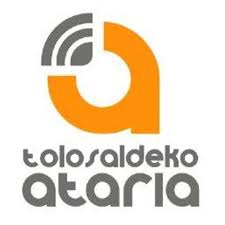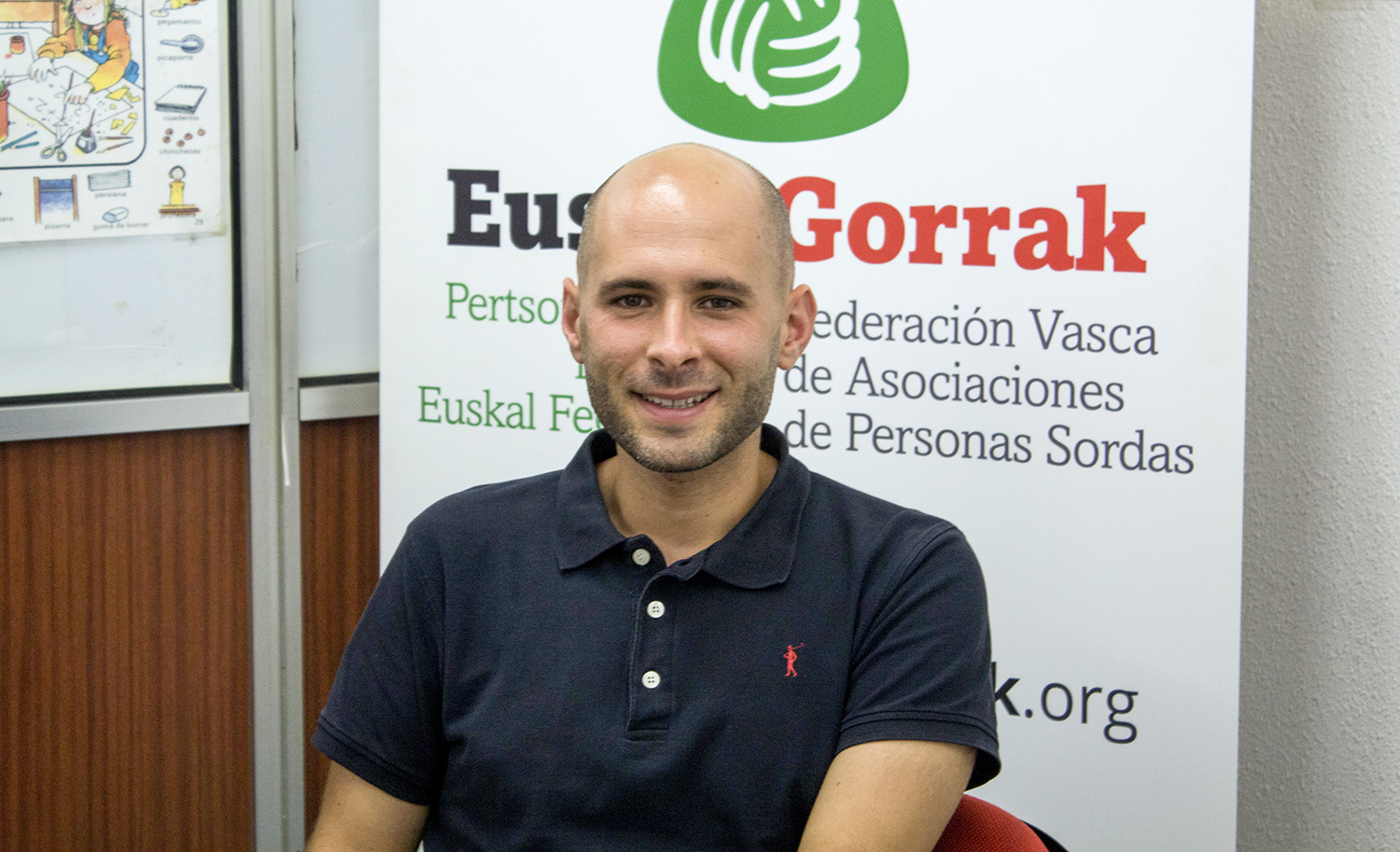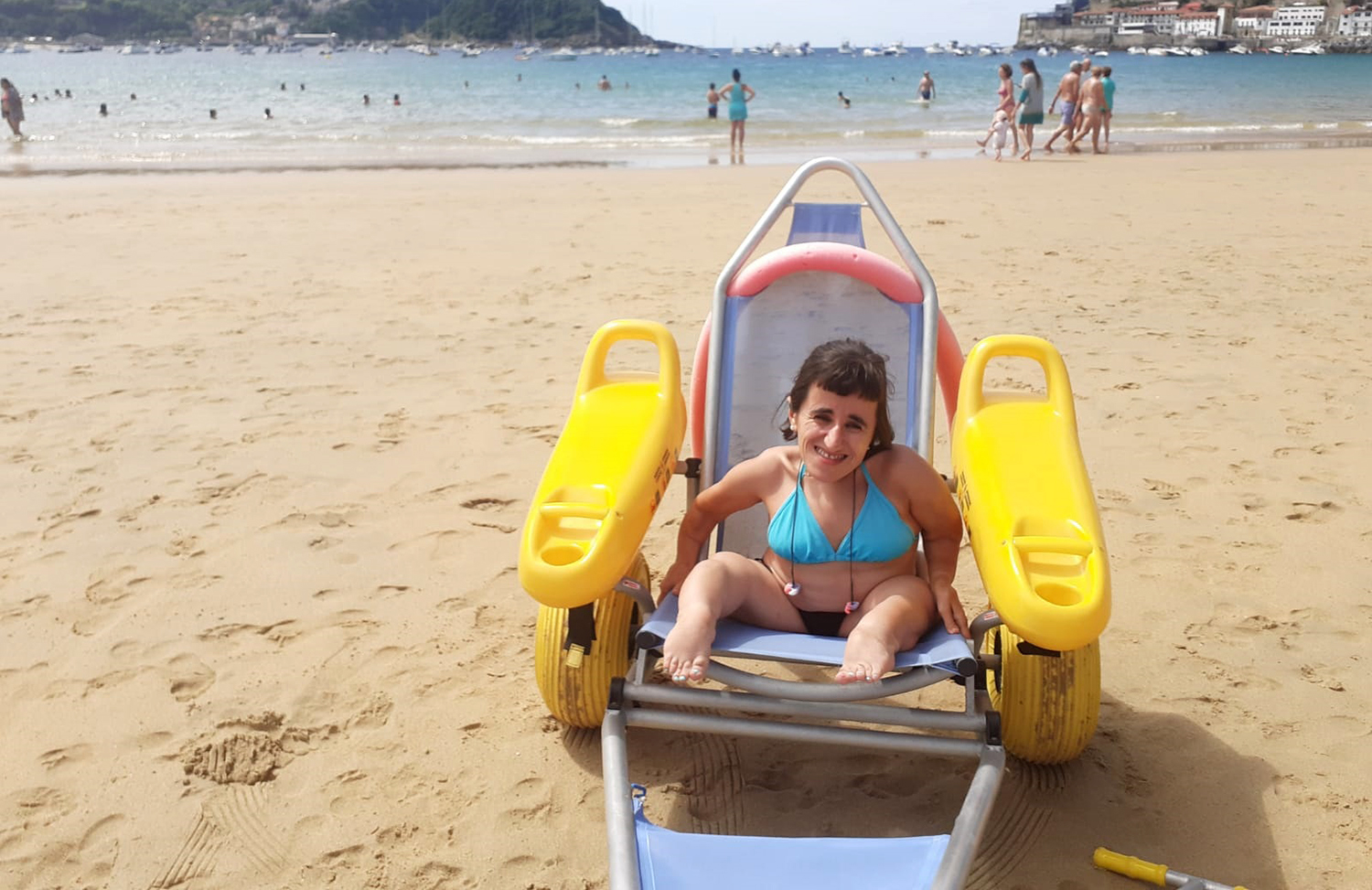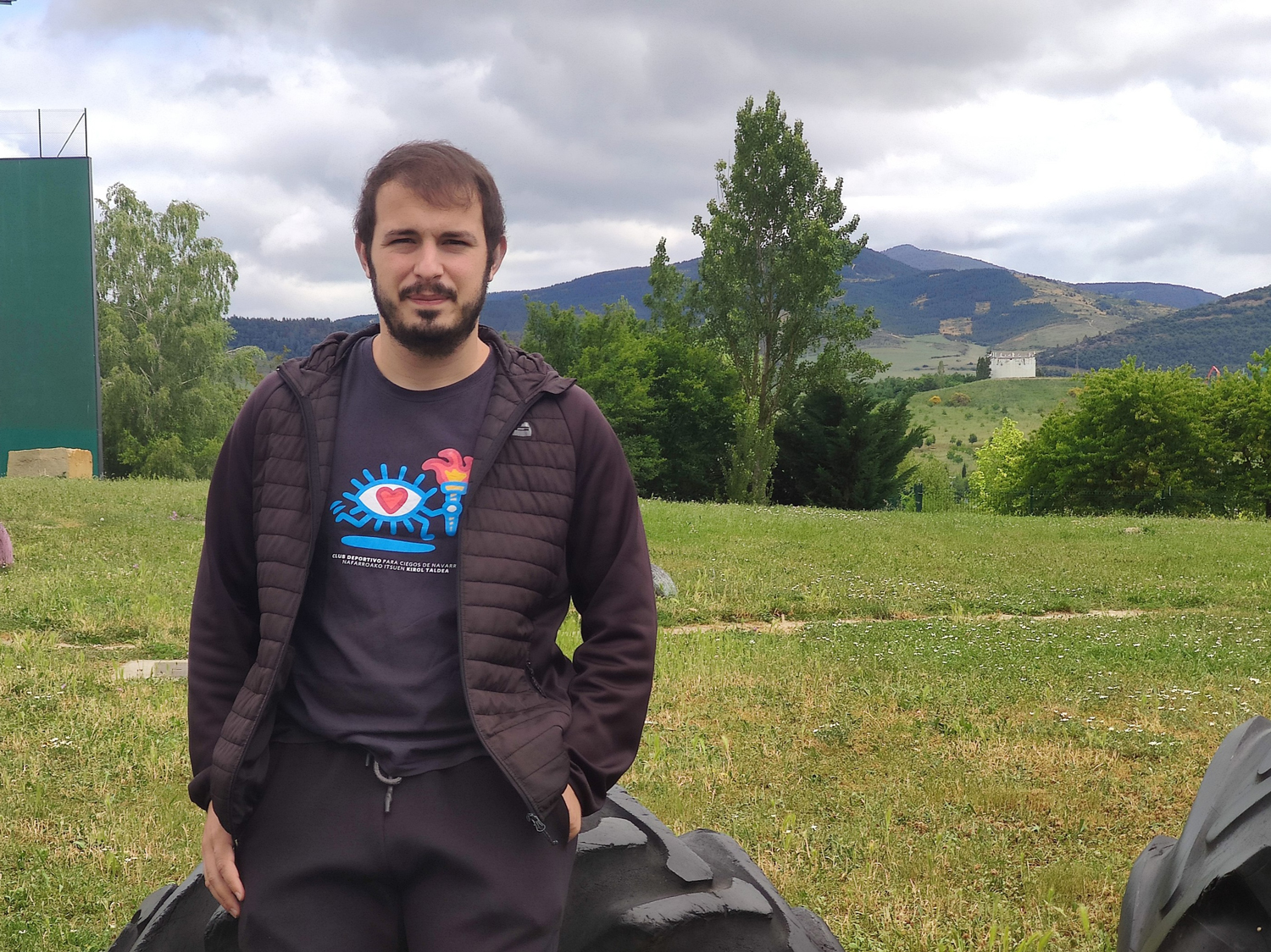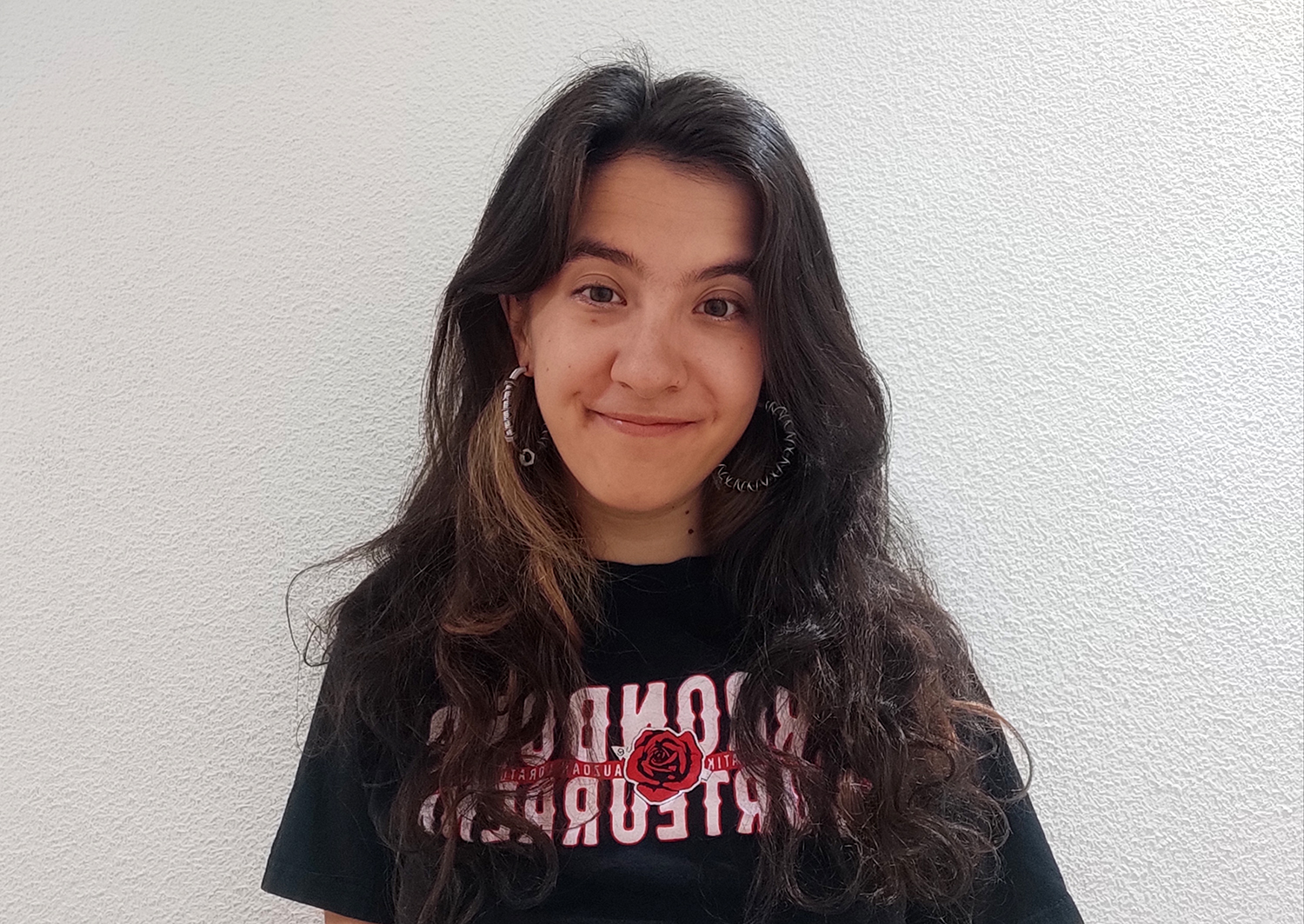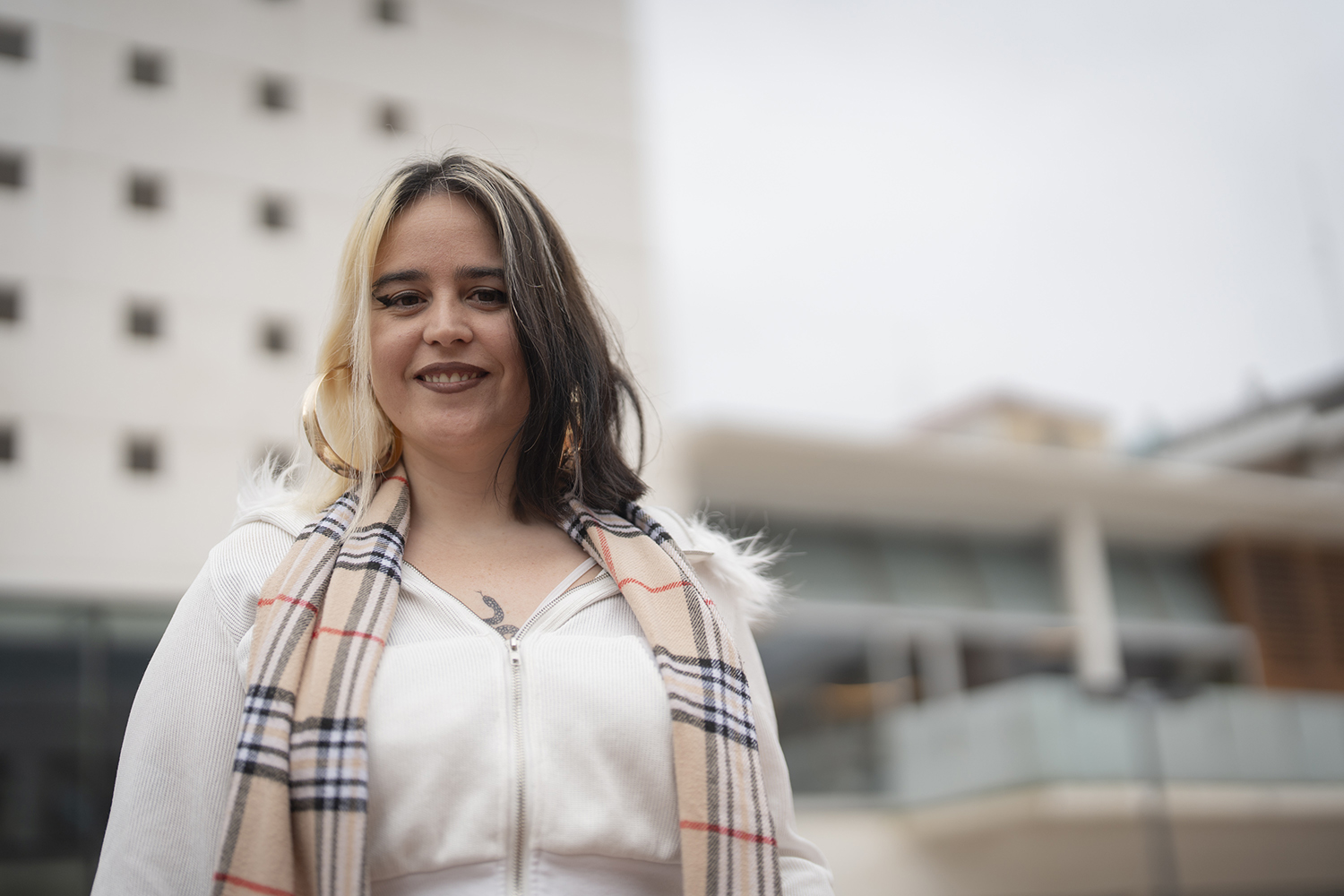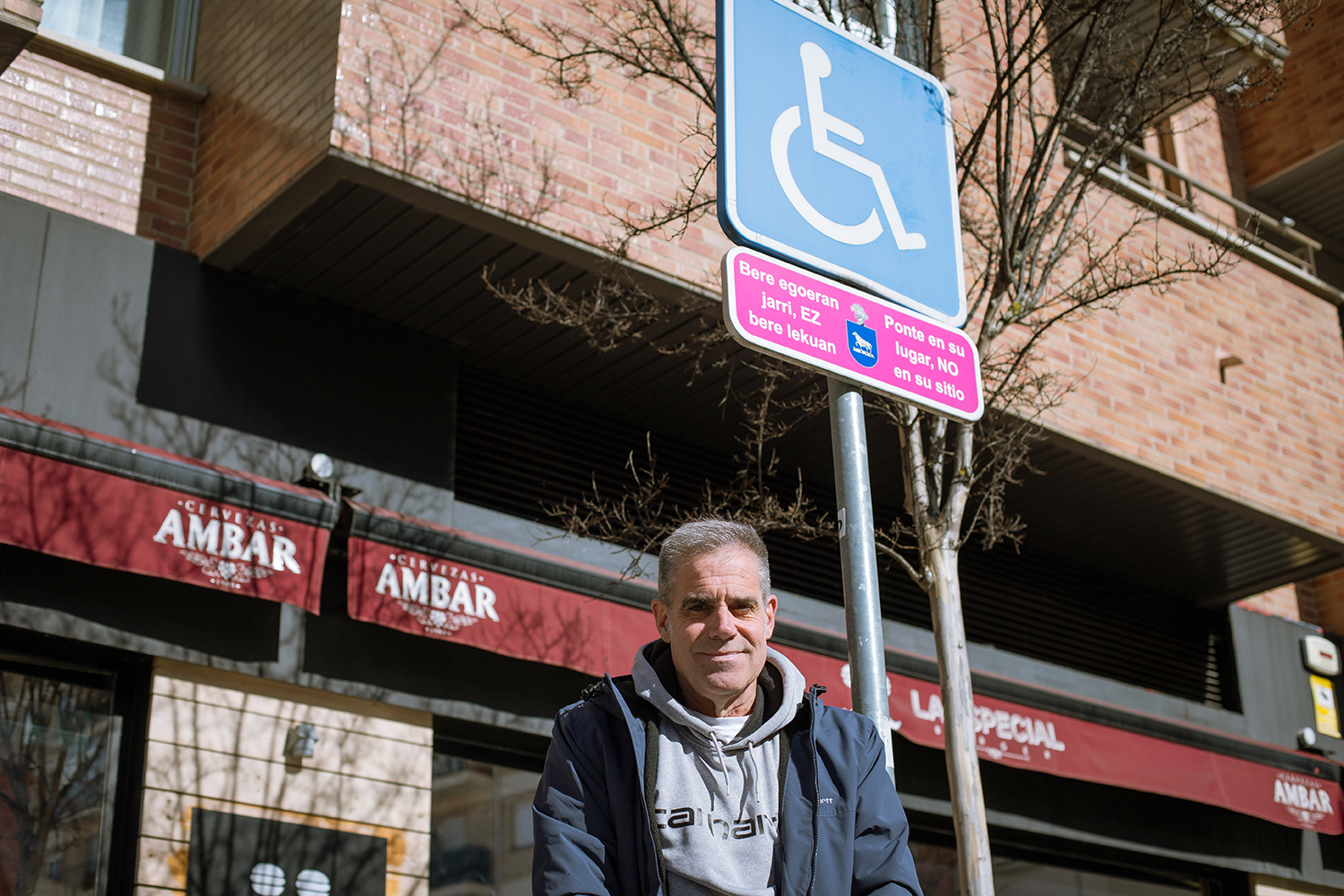Tetraplegia causes complete paralysis of the extremities, caused by spinal cord injuries or neurological diseases. Although mobility can recover something through long rehabilitation processes, science has not yet found solutions to turn these situations around.
When and how did he stay in a state of tetraplegia?
In February 2003, in the absence of five days to be 32 years old, I suffered a spinal cord injury as a result of a car accident. Since then, I've been in a state of tetraplegia.
A second life, in every way…
Yes, a second life, as if I had been born again. The truth is, I was born again. I'm told I had a cardiac arrest. I don't remember, I just remember being in another world. So I was born again, and I had to start a new life in every way. As a result of the injury, I had to learn again to develop myself in all aspects.
"Today you're standing and tomorrow, when you wake up and think about your situation, first of all, you want to live, you want to breathe."
Do you think you've conditioned your identity?
I'm still with my usual personality, but I've learned a lot. Since the accident, I've learned to value life a lot more, to take advantage of every moment, to live and to be different from people.
What is the process of getting used to this situation for a person who has been standing all his life and the new relationship that develops with the body?
Life changes radically. Today you are standing and tomorrow, when you wake up and think about your situation, first of all, you want to live, breathe. Once you breathe and see that you don't move, that you don't move the body parts, you turn to your head: "What will it look like?" '.
Doctors tell you that you have to work and that you have to try... Suppose for a moment you will return to the previous situation, but what you see day by day is that you move forward, but not as much as you think. In the end, little by little, you're thinking you won't be the same. But you have to put the force inside, everything you have. With the help of others, especially relatives and relatives, you try to move forward. To me, at least, that helped.
Then, I was in the specialized center of Toledo. As a result of the operation I caught a pneumonia, first I had trouble breathing; I had difficulties, I had a tube and I was breathing with the machine. So the breathing process started on my own. When I got it, I sat down slowly, day after day, in the wheelchair, and gradually I went to work. It was nine long months, with the family next to me. It was a long, long and hard process. But they, those around me and those around me, helped me to lots. This gave me strength and courage to move on with my new life.
"The pension we have is very bad. People who are like me have very little help."
How did your environment react? What was the attitude of the people?
When I came back from Toledo, I spent a year in the hamlet, because we didn't have an elevator to go up to the apartment of Tolosa. The people who were there looked pretty weird, because they didn't know anything about this. In spite of everything, I was pretty good at the cottage. Yes, I only received three visits from friends. I don't know if it was because they didn't dare.
Plus, you're the father of two daughters. How did your parenthood change?
Before the accident, I was very little with the children. All week working, many weekends working... Since the accident, I've had the opportunity to be and enjoy with my children more than ever before. In this respect, it has been very enriching.
Besides emotionally, tetraplegia is expensive economically ...
Yes, very expensive. It is emotionally expensive, but from that point of view we can try to work it: with others, with family members, etc. In this respect, I am quite tolerable, at least in my case. It's very expensive economically. They give us help and a wheelchair, but they don't pay us all. Every six years we get a chance to change a wheelchair, but 20 percent of us have to pay for it. The chair they give us is usually very small. If we want a chair with more mobility, we have to pay for it.
In what situation are public pensions for you? Is there any reason to go to Monday's concentrations?
Of course there are reasons. The pension we have is very low. The people who are like me have very little help. We have to fight a lot for pensions, in general, for everyone. But especially for the people who are in our situation, because what they give is little.
The issue of home care has long been the subject of debate. What conditions are there for users and workers in the sector? Do the institutions take your needs into account?
They take them into account, but they are also very few. In my case, for example, I have been attending for eighteen years. In the early years, I only received one hour of daily care. I've started three hours a day a few years ago to get three hours of attendance, and there's a lot to do. There are untrained people, there are no people with spinal cord injuries, we have to teach people who come to our house to do everything... We've had a person who's come with a little bit of training, but in general there's a lot to do.
As far as public space is concerned, it is often said that it is not prepared. Do you encounter many obstacles in everyday life?
Yes. It is true that much has been done in recent years. When I got to the village, for example, there were a lot of sidewalks and obstacles, and now it's pretty good. But to move a little, to Tolosa or other towns, there are always obstacles and sidewalks: few steps of zebra, steps to go up the bars, no tables to our height -- a lot of obstacles. It is doing a lot, but there is still a lot to do.
With regard to mobility, in what sense did travel and vacation in your family change?
A lot changed. Before it was me who was driving, I was the one who was driving, I was the one who found the way. From one day to the next, her wife had to take the car, all she had to drive. Everything changed. The change was as abrupt as if he had three children in charge.
Plus, you had two sisters in jail. How does the dispersion of the skin of a relative in a wheelchair live?
In general, dispersion is hard for everyone. But in our case, above all, it's still harder. With two sisters in jail, love is basic. When you really like it, it's very difficult not to see it, and being so many miles away wants to put a stop to your desire and your desire to be with it. But you, anyway, want to be with them and put everything you can to be with them.
Having to travel so many kilometers in a wheelchair is very hard, because there are many obstacles: going with the car, having the car adapted, the discomfort of the car... Then it's hard to go there and find a hotel. To the extent that a special hotel is needed for us, prices are not low. It's very hard for everybody, but more for those of us who are in our situation.
The year 2020 has been a crazy year, have you been particularly concerned about the pandemic situation? What was missing from it?
I've had a lot of concerns, because last year I was waiting for an operation: closed at home, with the delay of the date of intervention, thinking about how it's going to go, fear of getting infected, fear of being in the hospital, lack of freedom... In our case, moreover, because they do not have the same ability to breathe, it is also an obstacle to have to walk with the kiss. In general, the year has gone very badly.
What do you enjoy most in your spare time?
In free time, I usually enjoy everything. Parrandas, meals, family meals, farmhouse... In the day-to-day, a coffee in the street, a vegetable garden, walking, spring, nature...
What's the key to advancing life? What would you say to someone who's just been in a quadriplegic state?
Wake up every day, wake up every day and see the light. Family and others are also very important, and love. To someone who has remained in a state of tetraplegia, I would say that life is worth living, that a life begins again, that it is not easy, that it is very hard, but that it is worth living. As long as there is love there are no obstacles, we are able to overcome everything.



